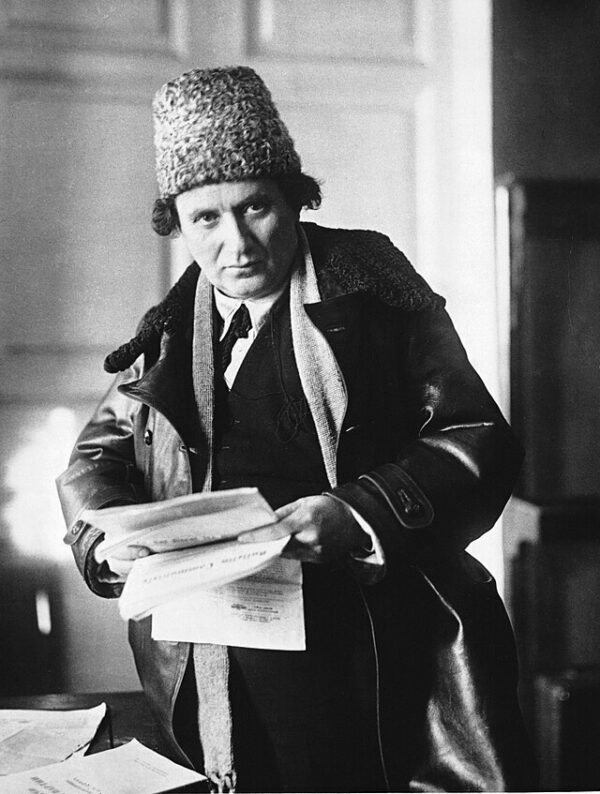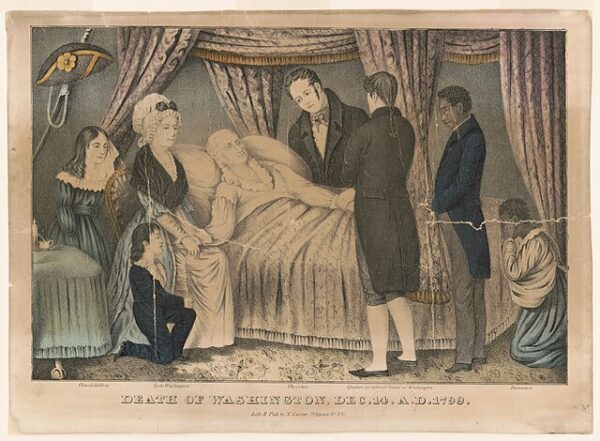On October 25, 1924, just four days before Britain’s general election, The Daily Mail published a sensational document that would become one of the most infamous political forgeries in modern history—the so-called Zinoviev Letter. Purporting to be a directive from Grigory Zinoviev, head of the Communist International (Comintern) in Moscow, the letter called on British communists to engage in subversive agitation, infiltrate the armed forces, and pressure the Labour government to strengthen relations with the Soviet Union. The publication triggered a wave of public alarm and anti-communist hysteria, helping to bring down Prime Minister Ramsay MacDonald’s fragile Labour government and deliver a decisive Conservative victory under Stanley Baldwin.
The letter was allegedly sent to the British Communist Party and intercepted by British intelligence. Its contents appeared to confirm the worst fears of those who suspected that Labour, which had signed a controversial trade agreement with the Soviets earlier that year, was secretly sympathetic to revolutionary aims. The Mail’s front-page headline screamed of “Moscow Orders to Our Reds,” framing the issue as nothing less than an attempt by Bolsheviks to manipulate British politics. The timing of the disclosure—so close to the election—ensured maximum political damage.
Ramsay MacDonald’s government, only nine months old, was already reeling from a series of crises. His decision to drop prosecutions against the left-wing newspaper Workers’ Weekly for sedition had been portrayed by opponents as evidence of weakness toward communism. The publication of the Zinoviev letter seemed to confirm this narrative. Though MacDonald denounced the document as a fabrication and warned against foreign interference in British politics, the letter’s impact was immediate and devastating. The British public, primed by years of anti-Bolshevik sentiment since the 1917 Revolution, saw it as proof that Labour could not be trusted with national security.
Four days later, on October 29, 1924, the Conservatives swept to power with a landslide, winning 412 seats to Labour’s 151 and the Liberals’ 40. The first Labour government in British history collapsed as swiftly as it had arisen. The scandal reshaped political discourse for a generation, solidifying the perception that socialism was synonymous with subversion. MacDonald himself became embittered, convinced that intelligence officials and elements of the Conservative press had colluded to destroy him.
Zinoviev, the supposed author, categorically denied having written the letter. Later investigations suggested that the document was a forgery—almost certainly produced by White Russian émigrés or anti-Bolshevik agents in the intelligence network—possibly with tacit approval or willful blindness from British officials who saw political advantage in its dissemination. Historians remain divided on whether the leak was an intentional act of election interference or a bureaucratic failure that spiraled out of control. What is clear is that the forgery played into a widespread fear of communist infiltration at a time when Britain’s working-class movements were gaining strength.
The Zinoviev affair also exposed the precarious balance between the intelligence services and democratic accountability. It marked one of the earliest known examples of disinformation shaping electoral outcomes in a modern democracy—a prelude to the weaponization of leaks and propaganda that would become common in later decades. For the Labour Party, the scandal left deep scars. Party leaders came to view the press and the intelligence establishment with lasting suspicion, convinced that their opponents would exploit fears of radicalism to undermine left-wing reform.
In retrospect, the letter’s power lay not only in its content but in its timing and plausibility. It echoed the anxieties of an age defined by revolution abroad and social upheaval at home. Though exposed as fraudulent decades later, the Zinoviev letter achieved its purpose: it toppled a government, redefined Britain’s political alignment, and demonstrated how a single forged document could alter the course of history.






